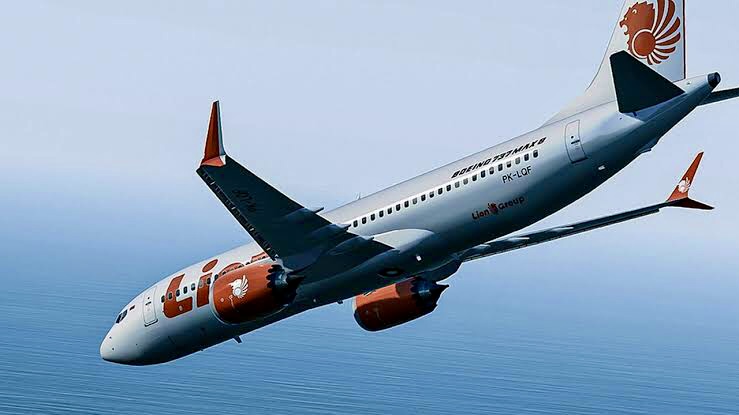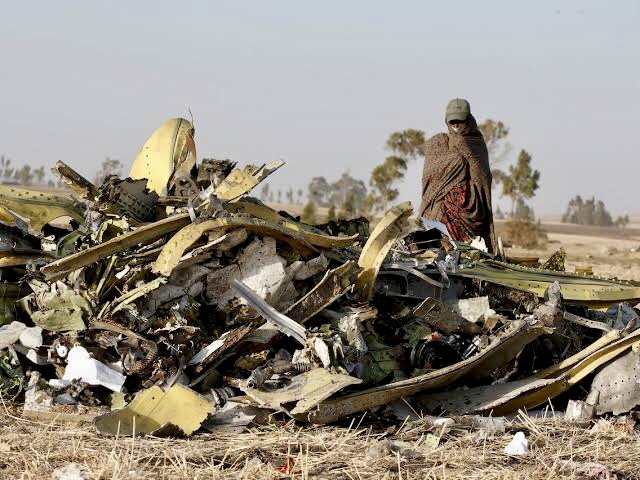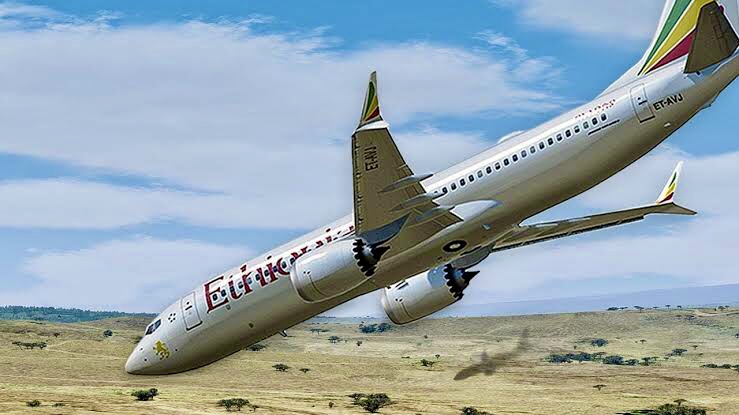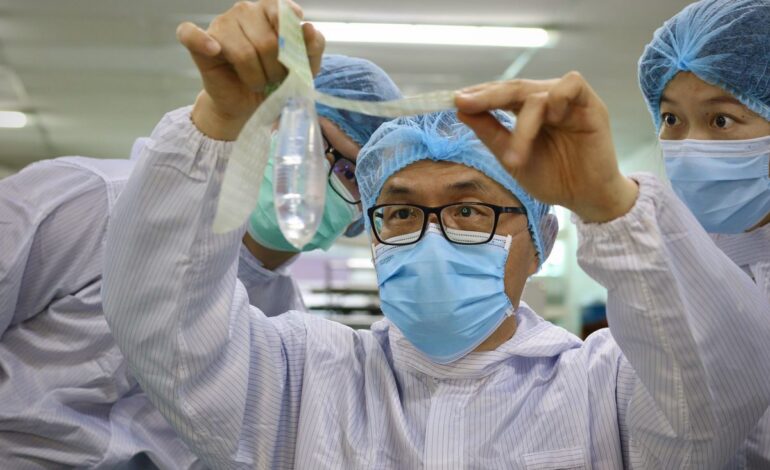
By Faith Nyasuguta
Boeing has admitted liability for the second crash of its 737 Max model in Ethiopia, in a legal agreement with families of the 157 victims.
According to lawyers for the families, the move was a “significant milestone” for families in pursuit of justice.
In the legal stipulation, filed in Chicago on Wednesday and awaiting court approval next Tuesday, it was noted that the aircraft manufacturer admits responsibility for the crash of Ethiopian airlines flight 302 in March 2019, having “produced an airplane that had an unsafe condition”, and would not seek to blame any other party, particularly including the pilots.
The milestone now paves the way for families of all victims of the crash, from 35 nations, to seek compensation in the US under Illinois law, in return for not seeking punitive damages against Boeing thus limiting the manufacturer’s potential financial liability.
In 2019, the Ethiopian Airlines 737 Max crashed moments after takeoff from Addis Ababa for Nairobi.
It was the second 737 Max disaster in six months after a Lion Air plane in Indonesia crashed in October 2018, killing 189 people.

According to investigators, there were faults in the sensors and new flight control software that the pilots knew little about.
The model was thus banned globally but it has since returned to service this year, with other airlines including Ryanair taking deliveries of the aircraft.
“This is a significant milestone for the families in their pursuit of justice against Boeing, as it will ensure they are all treated equitably and eligible to recover full damages under Illinois law while creating a pathway for them to proceed to a final resolution, whether through settlements or trial,” lead lawyers for the families, Robert Clifford, Steven Marks and Justin Green said.
“We are confident that this historic agreement and the compensation to be paid to the families of the ET 302 tragedy will serve to hold Boeing fully accountable … and help bring their families a step closer to achieving some measure of closure for the loss of their loved ones.”

In January this year, Boeing agreed a $2.5bn settlement with the US Department of Justice in fines and compensation, which include a $500m fund to compensate families of the 346 victims of both 737 Max crashes.
Experts had indicated that settlements are more likely than executives appearing in court.
James Healy-Pratt of Keystone Law, who has acted in similar cases, said the agreement was “welcome news”, adding: “In all probability, these claims will be privately mediated to resolution.”
A Boeing mouthpiece said: “Boeing is committed to ensuring that all families who lost loved ones in the accidents are fully and fairly compensated for their loss. The agreement filed with the court today is an important step forward in that process. By accepting responsibility, Boeing’s agreement with the families allows the parties to focus their efforts on determining the appropriate compensation for each family.”
The British relatives of a victim welcomed Boeing’s admission of liability. Mark Pegram, the father of Sam Pegram, a humanitarian worker who died in the crash, said to the BBC: “The main positive for us is that Boeing is admitting liability, and not diverting blame onto Ethiopian Airlines or the pilots … we wanted them to hold their hands up.”
The family is set to use any compensation to establish a charity in Pegram’s name.




